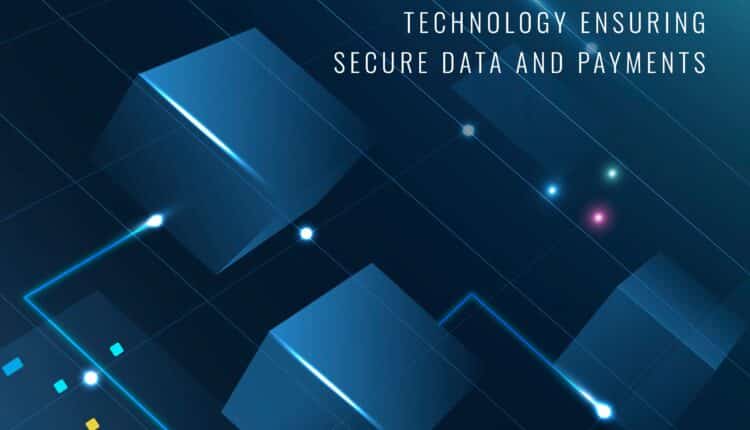The Convergence of AI and Zero-Knowledge Proofs in Blockchain
Blockchain technology has fundamentally transformed the way we think about data, trust, and decentralized systems. Its core promise lies in transparency, immutability, and the ability to operate without centralized intermediaries. However, as adoption grows across industries, two critical challenges have emerged: maintaining privacy and ensuring scalable verification. This is where the convergence of artificial intelligence (AI) and zero knowledge proof (ZKP) becomes a game-changing solution, creating blockchain systems that are secure, intelligent, and privacy-preserving.
Understanding Zero-Knowledge Proof
A zero knowledge proof is a cryptographic method that allows one party to prove the validity of information without revealing the underlying data. For example, a participant can verify that a transaction meets specific criteria without exposing account balances or sensitive operational data.
ZKP addresses the fundamental challenge of trust on blockchain: how to provide verifiable correctness without compromising privacy. This capability is especially critical in enterprise, finance, healthcare, and supply chain applications, where confidentiality and compliance are paramount.
How AI Complements ZKP
While ZKP enables privacy and verifiability, it often comes with computational complexity. Generating and verifying proofs at scale can be resource-intensive, especially in high-throughput networks. AI enhances ZKP by optimizing these processes and adding intelligence to blockchain systems:
- Optimizing Proof Computation
AI algorithms can streamline the generation of ZKPs by predicting resource requirements and identifying efficiencies in proof construction. This allows large-scale networks to maintain high performance without sacrificing privacy. - Automated Verification
AI can automatically verify ZKPs for complex transactions and smart contracts. Automation ensures accuracy, reduces manual intervention, and accelerates the validation process across distributed systems. - Anomaly Detection and Security
AI continuously monitors blockchain activity, detecting anomalies or potential fraud. When integrated with ZKP, these events can be verified without exposing sensitive data, enhancing overall network security.
Together, AI and ZKP transform blockchain networks from static ledgers into intelligent, secure, and privacy-preserving platforms capable of handling enterprise-scale operations.
Applications Across Industries
The convergence of AI and zero-knowledge proof is already unlocking innovative use cases in multiple sectors:
- Finance: Banks and financial institutions can verify transactions, confirm regulatory compliance, and assess risk without exposing confidential customer data.
- Healthcare: Sensitive medical data can be used for research, predictive analytics, or insurance validation while remaining encrypted. ZKP ensures verifiable correctness without compromising patient privacy.
- Supply Chain: Companies can verify product authenticity, track compliance, and confirm ethical sourcing without disclosing proprietary operational data.
- Corporate Governance: Organizations can provide regulators and auditors with cryptographically verified proofs, ensuring compliance without revealing internal processes or sensitive business information.
In each scenario, AI enhances operational efficiency, while ZKP guarantees verifiable integrity, making blockchain systems both practical and strategic.
Strategic Advantages of AI-ZKP Blockchain
By converging AI with zero-knowledge proof, enterprises and developers gain several strategic benefits:
- Enhanced Trust: Verification can occur without revealing sensitive data, ensuring all parties can trust the system’s integrity.
- Operational Efficiency: Automation and AI optimization reduce manual overhead and accelerate transactions, smart contract execution, and compliance verification.
- Scalability: AI enables large-scale proof generation and validation, making high-throughput blockchain networks feasible.
- Regulatory Compliance: Enterprises can satisfy auditors and regulators with cryptographic proof of adherence to rules while maintaining data confidentiality.
This convergence effectively turns blockchain into a strategic asset rather than just a transactional tool.
The Future of Blockchain
The integration of AI and zero-knowledge proof (ZKP) signals the emergence of a new generation of blockchain networks—intelligent, scalable, secure, and private. These systems empower enterprises and decentralized networks to operate without centralized oversight, maintain strict data confidentiality, and automate verification processes at scale.
As AI continues to advance, and ZKP protocols become more efficient, blockchain networks will evolve into platforms capable of supporting complex business operations, regulatory compliance, and advanced analytics—all while preserving privacy and trust.
Conclusion
The convergence of AI and ZKP is transforming blockchain from a simple decentralized ledger into an intelligent, privacy-preserving ecosystem. Zero-knowledge proof ensures verifiable correctness without disclosing sensitive information, while AI optimizes, automates, and secures proof generation and verification.
This synergy offers a blueprint for the future of blockchain: systems that are scalable, trustworthy, and adaptive to enterprise demands. Businesses and decentralized networks that adopt AI-powered ZKPs today will gain a competitive edge in security, privacy, and operational efficiency, defining the next generation of digital trust.


